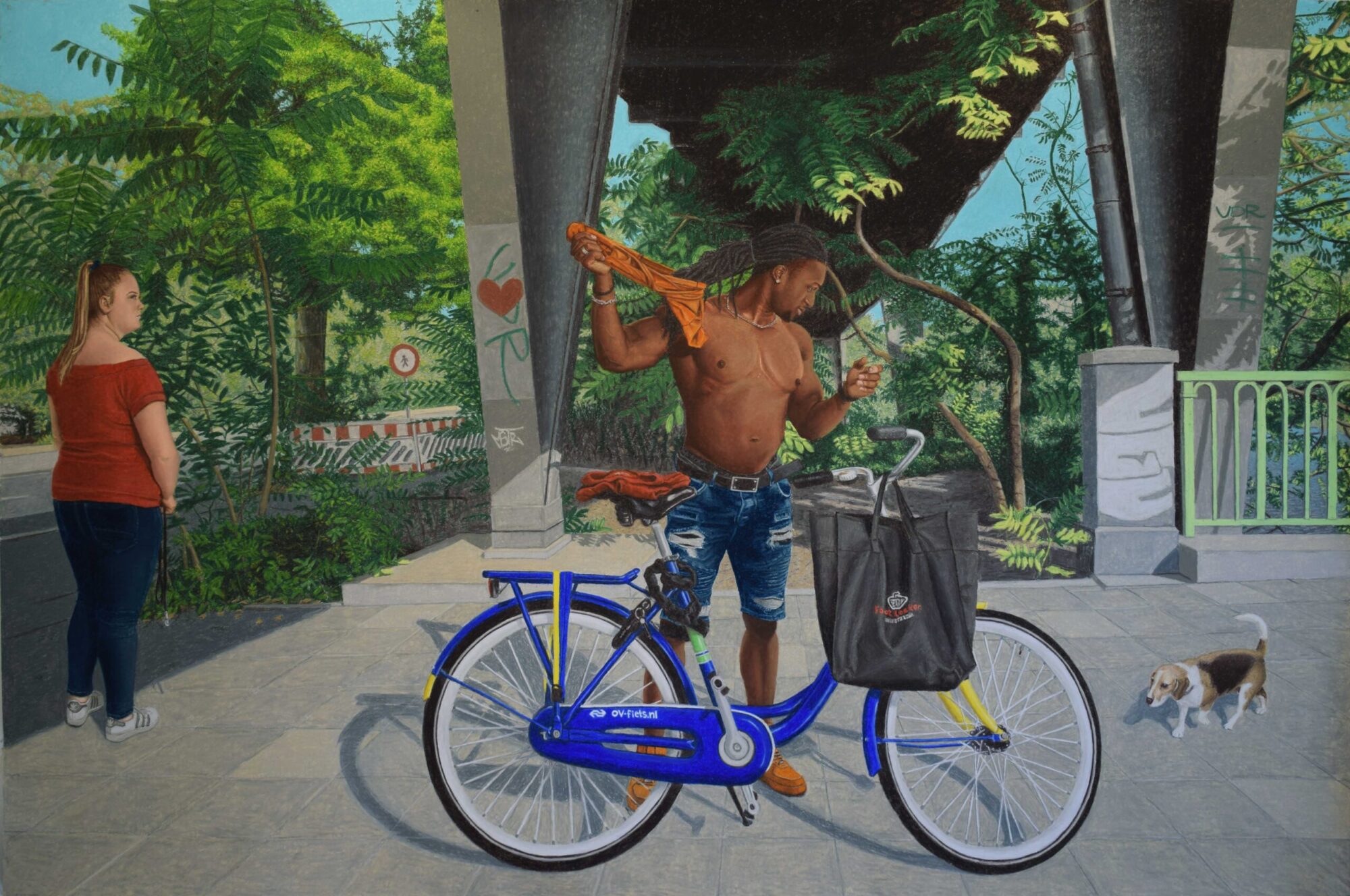Conclusion
As we have seen by now, the Dutch celebration of King’s Day can be categorized in three main ways of celebrating; watching the royal tour, the flea market, and parties involving alcohol. These different types of celebrations play into the different stereotypes existing of the Netherlands. The flea market adds to the Dutch self-image of traders, by even making the national holiday about selling goods and therefore teaching children at a very young age about an optimistic approach to trade, keeping the trading self-image alive. The tour of the royal family consists of many traditional Dutch games, that revive the old provincial and picturesque stereotype of the Netherlands. By bringing these games back to life on the national holiday, this side of the Dutch stereotype remains present in the narrative. The liberal and tolerant stereotype of the Netherlands is also present in the celebration of King’s Day, in the many street parties and festivals held around the country. But mostly, the combination of these stereotypes keep the paradox of Dutchness alive. The stereotypes of the country can be perceived as both provincial and liberal and it shows in this national holiday. By celebrating King’s Day in these different ways, the different images of Dutchness will continue to be built on. Therefore, the combination of the different celebrations adds to the paradox of Dutchness. On their own, these celebrations highlight different stereotypes of Dutchness, but when combined, they strengthen the paradox.
